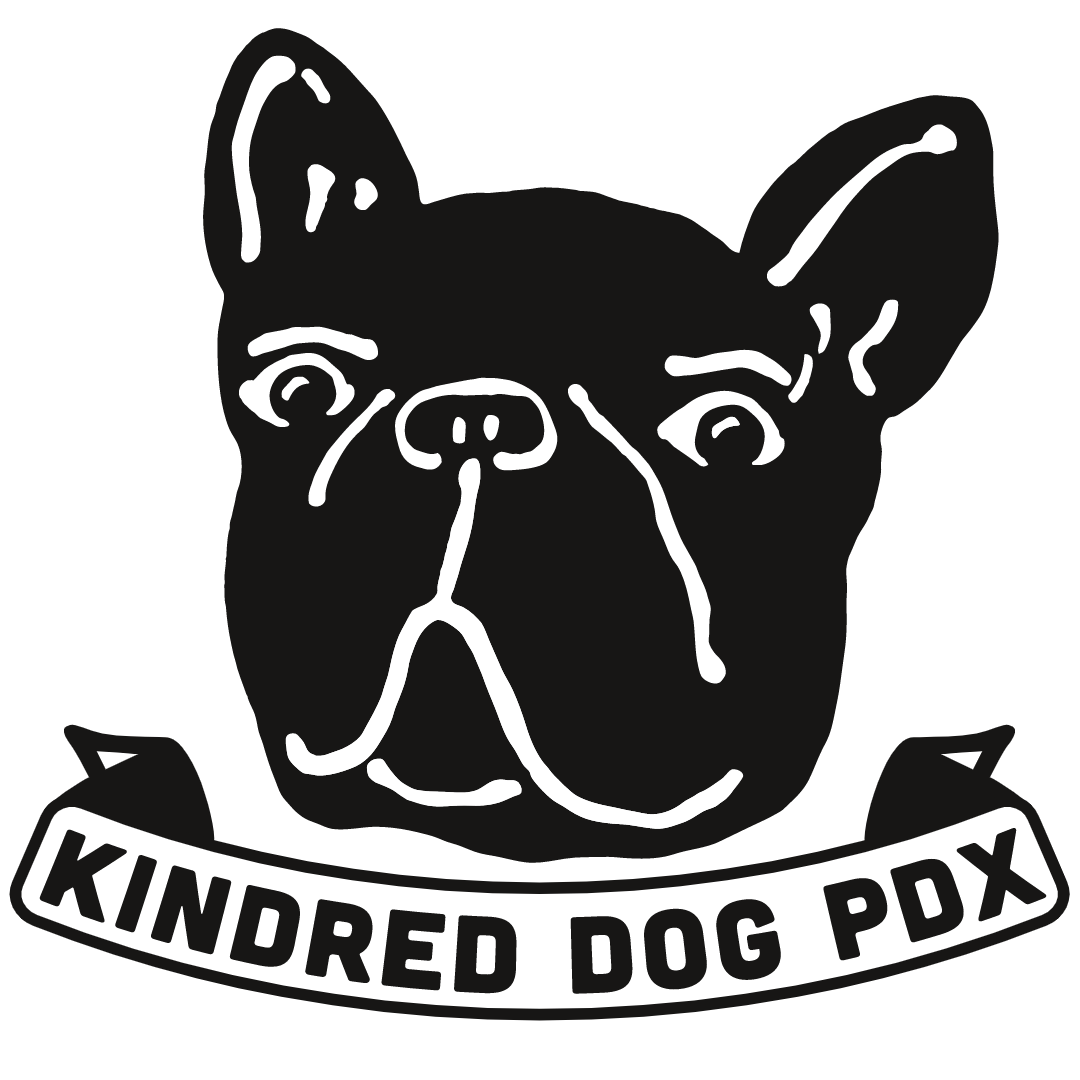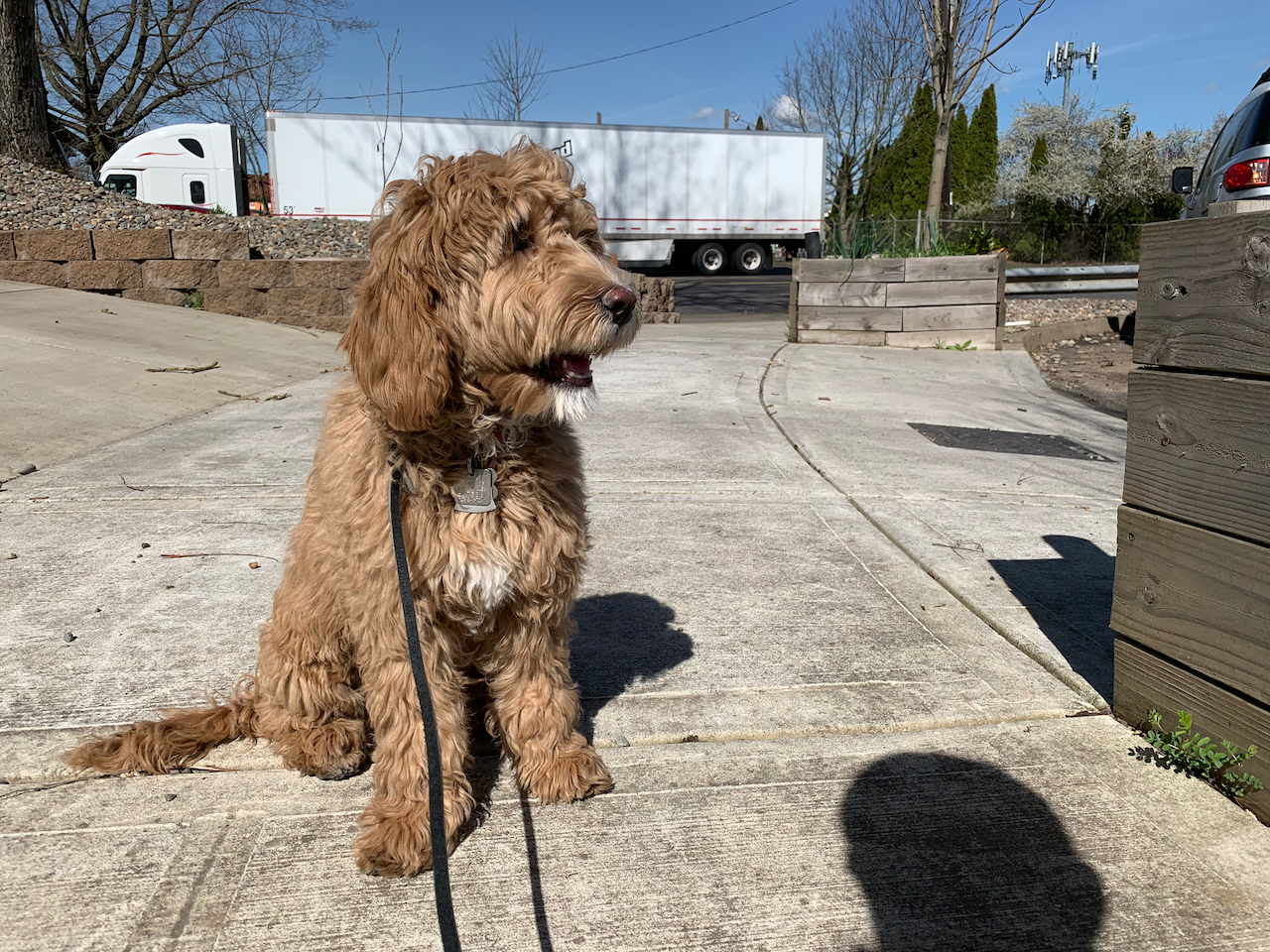Puppy Hyper and Biting at Night
Puppy hyperactivity and biting at night can be a common issue for new pet owners. Addressing this problem is essential, as failure to do so can lead to increased stress and potential risks for both the puppy and the owner. This comprehensive guide will walk you through understanding puppy behavior, tips for managing hyperactivity, strategies to curb biting at night, and resources for special cases. By following these expert recommendations, you will be on your way to a peaceful night's sleep with your beloved pup.
Understanding Puppy Behavior
Developmental Stages of Puppies
Puppies go through several developmental stages, including teething and playfulness. During the teething phase, puppies may chew on various objects to alleviate the discomfort of their new teeth coming in. This stage typically occurs between the ages of 3-6 months. Puppies are also naturally playful, as it helps them learn social skills and burn off energy.
Root Causes of Hyperactivity and Biting at Night
There are a few reasons why puppies may exhibit hyperactivity and biting behaviors at night. Some common factors include:
Lack of exercise: Puppies have a lot of energy, and if they don't get enough physical activity during the day, they may become hyperactive at night.
Attention-seeking behavior: Puppies may act out to get attention from their owners, especially if they feel neglected or bored.
Teething discomfort: As previously mentioned, teething puppies may chew on various items, including their owner's hands, to alleviate discomfort.
Understanding these root causes is essential for implementing proper training and discipline to address these issues.
Tips to Tackle Puppy Hyperactivity
Managing puppy hyperactivity requires patience and consistency. Here are some tips to help you manage your pup's energy levels:
Schedule regular playtime: Set aside time each day for interactive play with your puppy. This will help burn off their energy and strengthen the bond between you and your pet.
Increase exercise: Make sure your puppy gets adequate exercise throughout the day. This can include walks, playing fetch, or trips to a dog park.
Provide interactive toys: Toys that engage your puppy's mind and body can help keep them occupied and reduce hyperactivity.
Crate training: Crate training can be beneficial for managing puppy behavior. It provides a safe space for your puppy and can help establish a routine for rest and relaxation.
Establish a routine: Creating a consistent daily routine, including set times for meals, exercise, and sleep, can help your puppy learn when it's time to be active and when it's time to wind down.
Strategies to Manage Biting at Night
Addressing puppy biting at night involves understanding the reasons behind this behavior, such as teething and separation anxiety. Some techniques to discourage biting include:
Teaching the "no bite" command: When your puppy begins to bite, say "no bite" in a firm, authoritative tone. Be consistent with this command, and your puppy will eventually learn that biting is unacceptable.
Redirecting biting to chew toys: Provide your puppy with appropriate chew toys and encourage them to chew on these items instead of your hands or other inappropriate objects.
Creating a calming bedtime environment: Play soothing music, provide a comfortable sleeping space, and establish a bedtime routine to help your puppy relax and settle down at night.
Dealing with Special Cases
In some cases, puppies may have health issues or behavioral problems that make managing hyperactivity and biting at night more challenging. For these situations, consider seeking professional help from a trainer or veterinarian. They can offer additional guidance and resources tailored to your puppy's specific needs and circumstances.
Frequently Asked Questions
-
Puppy hyperactivity at night can be caused by a lack of exercise, attention-seeking behavior, and teething discomfort. Ensuring your puppy gets sufficient physical activity during the day, providing mental stimulation, and addressing teething issues can help reduce hyperactivity at night.
-
To stop your puppy from biting at night, teach the "no bite" command, redirect biting to chew toys, and create a calming bedtime environment to help your puppy relax and sleep more peacefully.
-
Effective training techniques for puppies include positive reinforcement, consistent commands, crate training, and establishing routines. It is crucial to be patient and consistent when training your puppy.
-
Yes, crate training is both safe and effective for managing puppy behavior when done correctly. It provides a secure space for your puppy and helps establish routines for rest and relaxation.
-
Calming your puppy at bedtime involves creating a soothing environment, providing a comfortable sleeping space, and establishing a bedtime routine. Playing soft music and using calming pet sprays may also help.
-
If your puppy has health issues that impact its behavior, consult with a veterinarian for guidance and treatment options. They can provide recommendations based on your puppy's specific needs.
-
If you have tried the strategies outlined in this guide and your puppy continues to exhibit hyperactivity and biting behaviors, it may be time to seek professional help from a certified dog trainer or a veterinarian. They can offer additional resources and personalized guidance to address your puppy's unique challenges.
Conclusion
In conclusion, understanding puppy behavior and implementing training techniques are crucial for managing hyperactivity and biting at night. Patience, consistency, and empathy will go a long way in helping your puppy learn and adapt to your expectations. Don't hesitate to seek professional help if needed, as it can provide valuable insight and support. Remember, your efforts to manage your puppy's behavior will lead to a stronger bond and a more peaceful home environment for both you and your furry friend.


